Stress environment is one of the major limiting factors for the crop productivity. Stress can be classified into biotic and abiotic according to the nature of the responsible factor. Abiotic stress refers to the stress caused by water, salt, oxygen, CO2, light, temperature, nutrients, etc. About 10% of the arable land of the world alone are categorized as free of abiotic stresses. The remaining include, 20% under some kind of mineral stress, 26% affected by drought stress, 15% by freezing stress and the remaining area under other type of stresses. Extensive information on various aspects of abiotic stresses has been generated in the recent past. However, this information remains scattered. Hence an attempt has been made to bring an exhaustive collection of various stresses among different crops. This book provides comprehensive uploaded coverage of key aspects of abiotic stresses and their management. The authors of this book are experts in their own field of specialization and the topics covered in this book include, Global warming, High temperature stress, Drought including molecular approaches, Salt tolerance and abiotic stress on seed quality. This book will serve as a compendium for understanding and management of various abiotic stresses which will be highly useful for scientists and research scholars of agriculture.
Abiotic Stress Tolerance in Crop Plants
$127.80
$142.00
In stock
Free & Quick Delivery Worldwide
All orders amounting to US$ 50 or more qualify for Free Delivery Worldwide. For orders less than US$ 50, we offer Standard Delivery at $14 per book.
ABOUT THE AUTHOR K. Balakrishnan
Professor Dr. K. Balakrishnan is presently working as Professor of Crop Physiology at Agricultural College and Research Institute, Madurai. He was the recipient of ICAR Senior Fellowship during 1983 and obtained Ph.D in Crop Physiology in 1987 from Tamil Nadu Agricultural University, Coimbatore. He has also obtained Post Graduate Diploma in Journalism in 1988. He has also worked in United Planter’s Association of South India, Nilgiris, Tamil Nadu. He has been teaching courses on Crop Physiology and Biochemistry to the Under Graduate and Post Graduate students in both Agriculture and Horticulture past 28 years. He served as Principle Investigator of Foliar diagnosis in Horticultural crops in plan scheme funded by Government of Tamil Nadu, Post Harvest Technology of Horticultural crops and Arid zone fruit crops funded by ICAR, AICRIP, New Delhi. He also worked as Assistant Plant Physiologist in ICAR-Tropical fruit crops, AICRIP, New Delhi. He was the member of All India ICAR Syllabus Committee on basic Agricultural Sciences during 2007-2008. He also served as a member of Board of studies, Tamil Nadu Agricultural University during 1997-2000. He has authored and co-authored 10 book chapters and 4 books and published 60 research papers in both National and International journals. He has been the question setter and external examiner for M.Sc.(Ag.) and Ph.D thesis in several Universities.
ABOUT THE AUTHOR M Prakash
Dr. M. Prakash has had a brilliant academic record. He obtained his M.Sc. and Ph.D. in Zoology from Vikram University, Ujjain. A seasoned teacher and researcher, Dr. Prakash has been teaching post graduate students for more than twenty five years. He ha published many research papers in professional journals of repute. Dr. Prakash is active member /Fellow of many professional societies / associations.
reviews
0 in total
Review by Anonymous
Be the first to review “Abiotic Stress Tolerance in Crop Plants” Cancel reply
You must be logged in to post a review.
Bibliographic information
Title
Abiotic Stress Tolerance in Crop Plants
Author
Edition
1st. ed.
Publisher
ISBN
9789381226926
Length
x+356p., Tables; Figures; 25cm.
Subjects
more by K. Balakrishnan see more
Nutritional Disorder in Fruit Crops: Diagnosis and Management
Diagnosis involves careful ...
$54.00
$60.00
more by M Prakash see more
Cytochemistry
$43.20
$48.00
Evolution-Mechanism and Processes
$65.70
$73.00

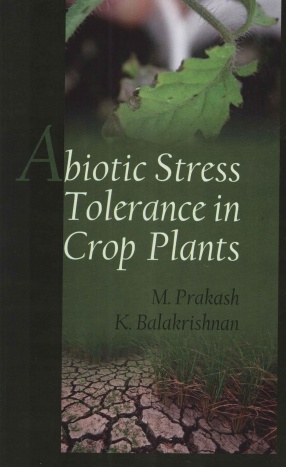
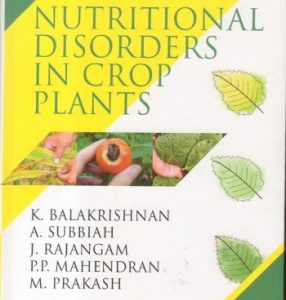
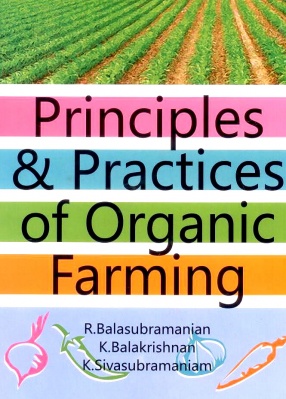
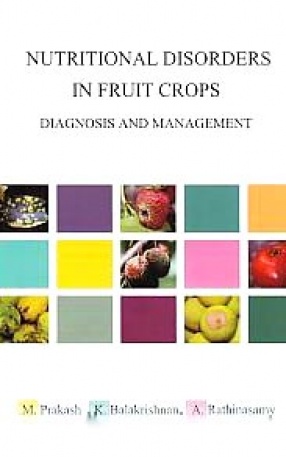
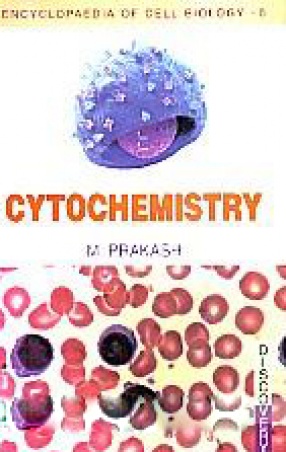
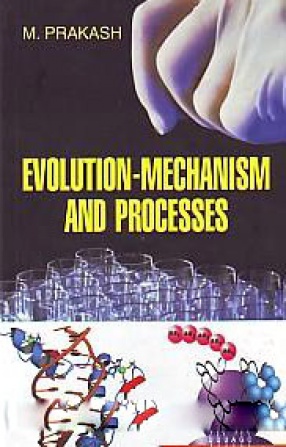
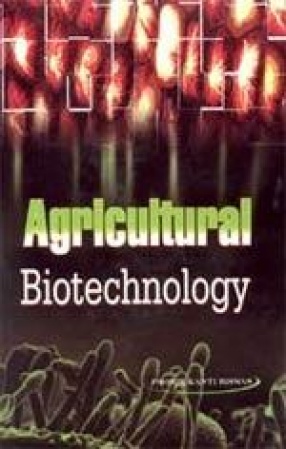
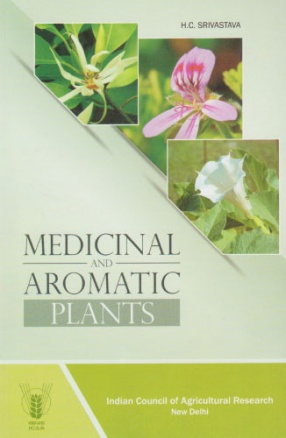
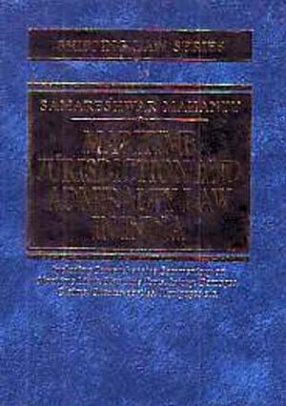
There are no reviews yet.